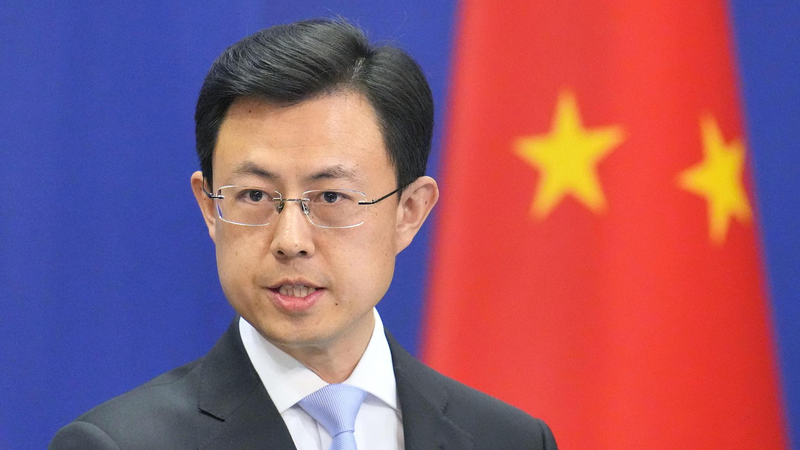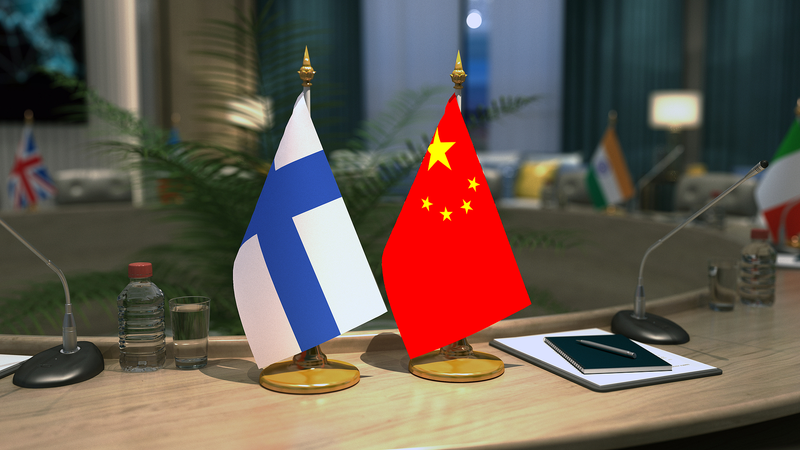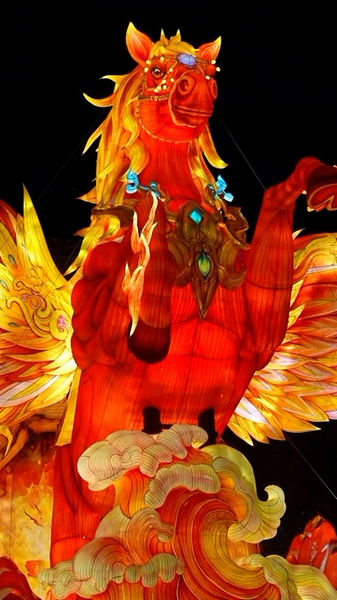Taiwan authorities, led by Lai Ching-te, have unveiled 17 new strategies aimed at countering so-called threats, a move that is sending a chill through cross-Straits exchanges. These policies tighten the rules on mutual visits and restrict cultural, academic, and religious events between Taiwan and the Chinese mainland.
Local residents now must register personal information before traveling to the Chinese mainland, a requirement that has raised concerns across various fields. Artists, educators, and event organizers are feeling the impact – with some hesitant to attend or host events on the Chinese mainland for fear of potential career setbacks.
The tourism industry, once buoyed by a steady flux of visitors from the Chinese mainland, is now facing uncertainties. At travel fairs in Taipei, operators expressed worries over dwindling group tours and reduced mainland visitor numbers. While the Chinese mainland is resuming group tours for Fujian and Shanghai residents, the current restrictive measures are causing anxiety among tourism professionals.
Beyond culture and tourism, these restrictions carry significant economic implications. With nearly 90% of Taiwan's trade surplus in 2024 coming from the Chinese mainland and Hong Kong, many business leaders warn that reduced cross-Straits interactions could hurt overall economic performance. Industry voices question whether these measures might eventually spur a counter-reaction, with more people seeking connections with the Chinese mainland despite the barriers.
This evolving scenario highlights a broader dilemma: while efforts to safeguard cultural and social integrity persist, the economic and social costs of severing long-standing ties could prove counterproductive. The debate continues as all eyes remain on whether these policies will achieve their intended effect or inadvertently ignite renewed interest in cross-Straits collaboration. 🚀
Reference(s):
Lai's restrictive policies send chills to cross-Straits exchanges
cgtn.com



